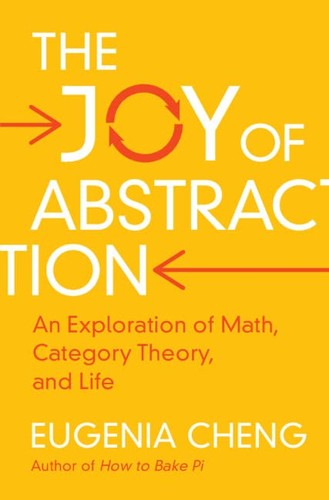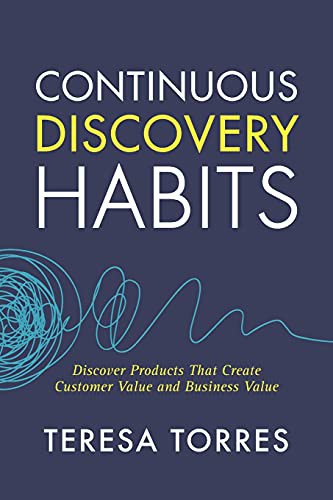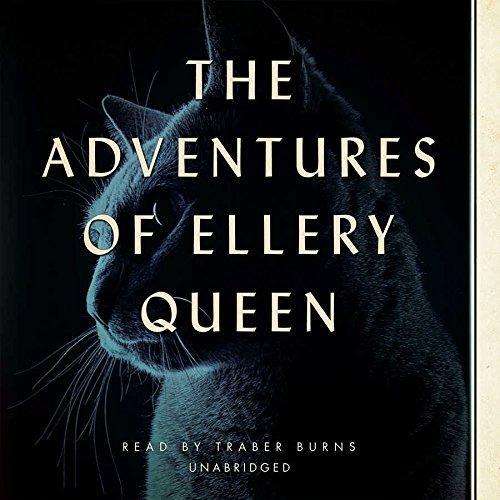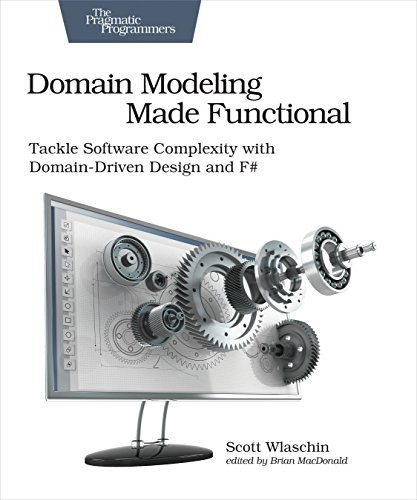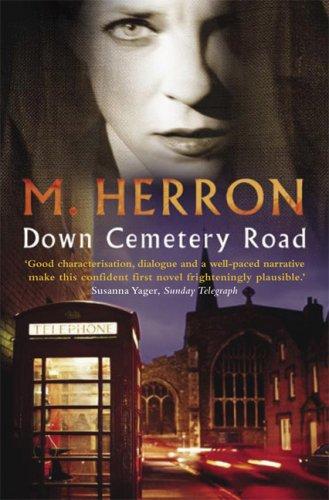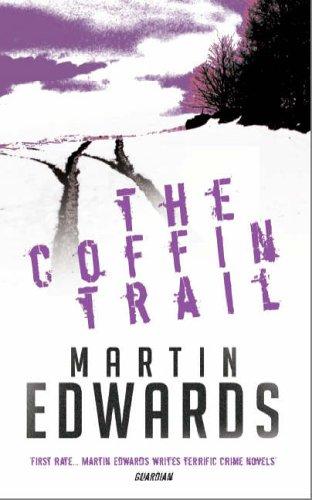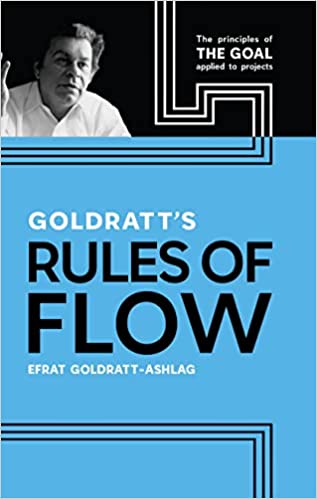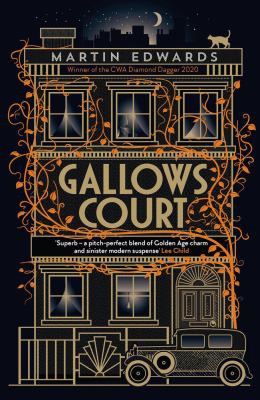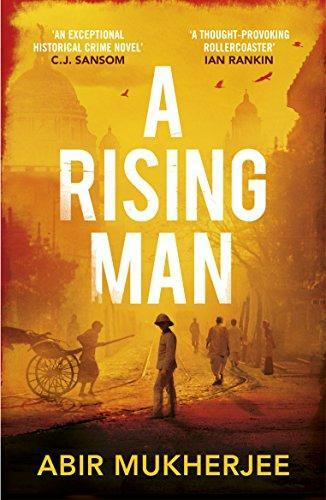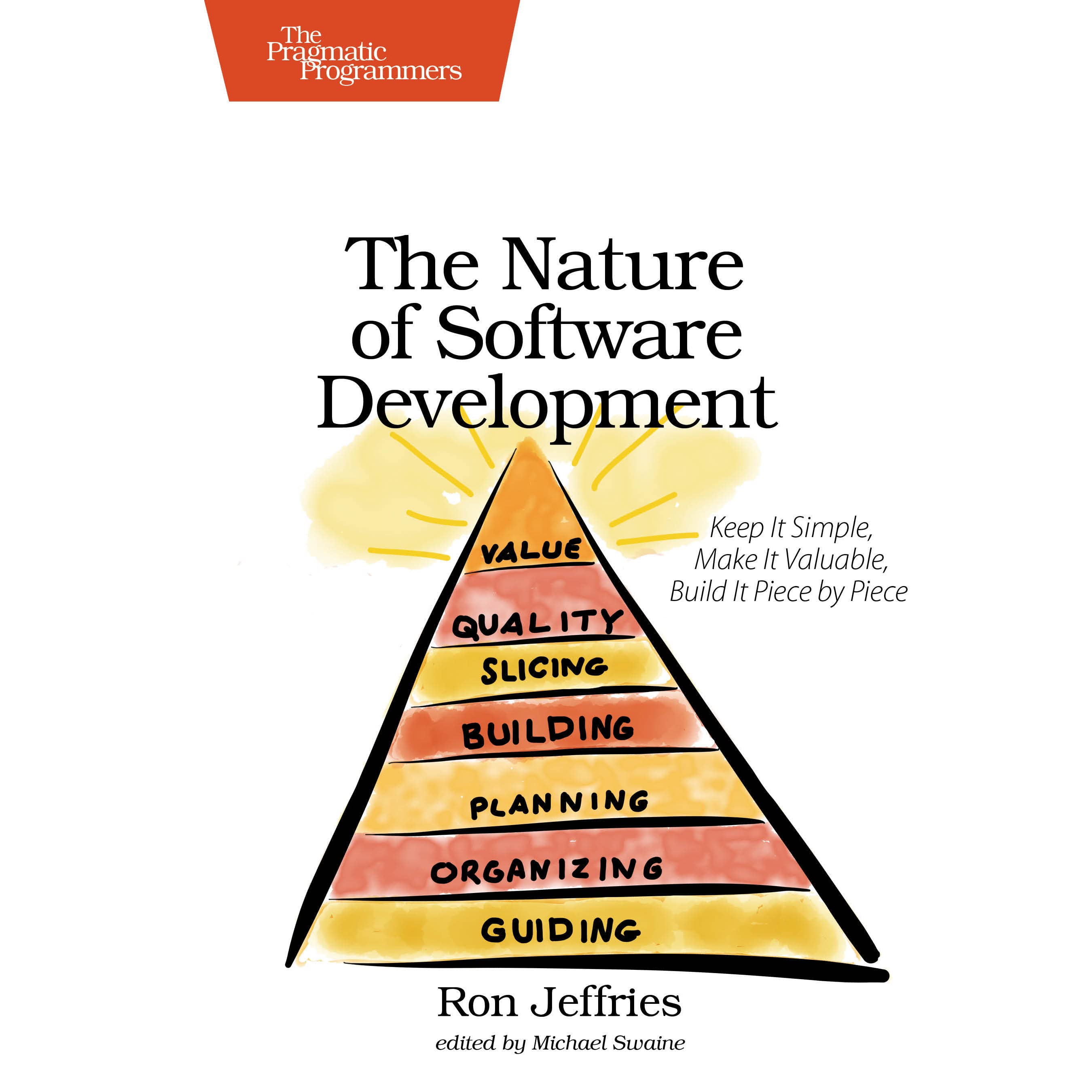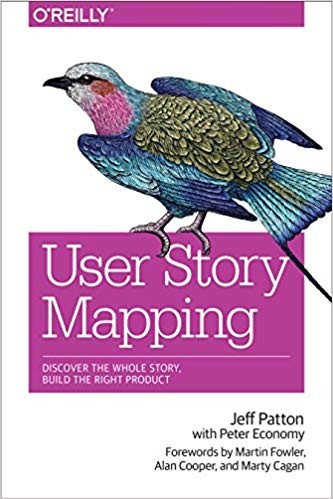A very good introduction to category theory
4 stars
This book reminded me of why I was so excited by category theory as an undergraduate. And because of that I found it to be a gripping read.
The only aspect lacking for me: I would have really liked a chapter exploring the connections that category theory has enabled, and the problems that have been solved as a result. But this excellent book has nonetheless fired me up to go and find those for myself.

